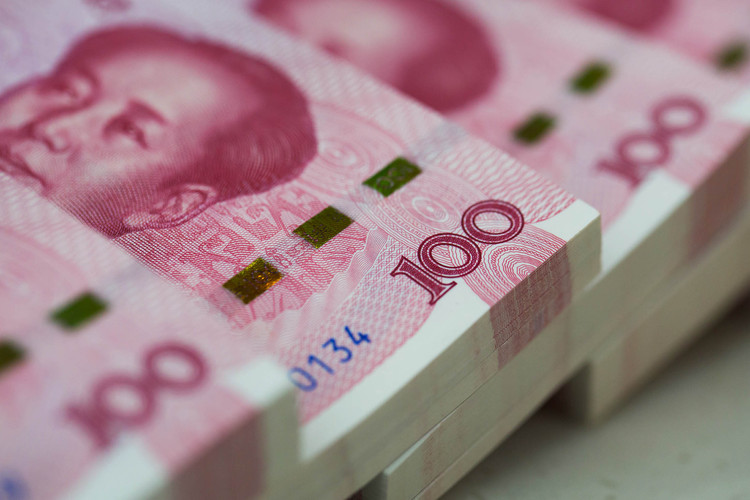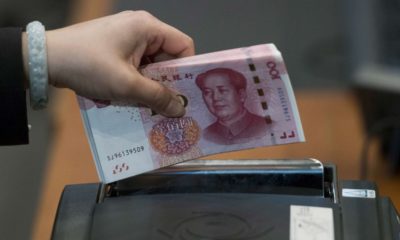Forex
China Weakens Yuan for Sixth Straight Day

Naira
Naira Weakens Against Dollar at Official, Parallel FX Markets
Naira
Naira Appreciates 3.6% on US Dollar, Trades N1,600
Black Market Rate
Naira Gains on Dollar, Pounds, Others at Black Market, Falls at NAFEX
-

 Naira4 weeks ago
Naira4 weeks agoDollar to Naira Black Market Exchange Rate Today 24th, September 2024
-



 News3 weeks ago
News3 weeks agoBbnaija’s Wanni Wins Innoson Car Challenge, Secures First Vehicle with Twin Sister
-

 Education4 weeks ago
Education4 weeks agoFederal Government Approves 133% Allowance Boost for NYSC Members, Now ₦77,000
-



 Social Media4 weeks ago
Social Media4 weeks agoTelegram to Expose Users Who Use Platform For Criminal Activities, Share Data With Relevant Authorities
-

 Economy4 weeks ago
Economy4 weeks agoFG Awards N158bn Lekki Port Service Lanes Construction to Dangote
-

 Investment4 weeks ago
Investment4 weeks agoCoca-Cola $1billion Investment: Manufacturers Association Shares Two Cent
-



 Dividends4 weeks ago
Dividends4 weeks agoAccess Holdings to Pay N15.99 Billion Interim Dividend, Aig-Imoukhuede to Receive N1.151 Billion
-



 Business3 weeks ago
Business3 weeks agoNigerian Businesses Slash Dollar Exposure as Naira Depreciation Deepens
















